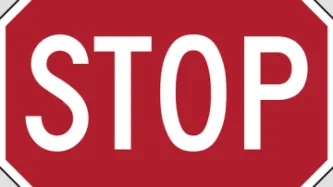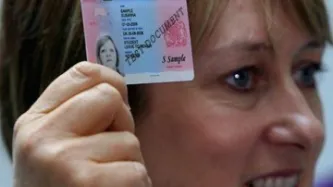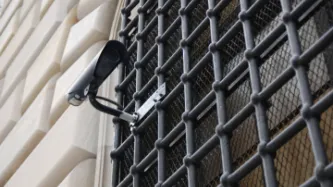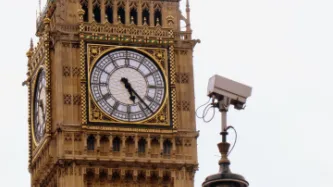Search
Content type: News & Analysis
In a number of reports released today, the UK government acknowledged that there has been an increase in stop and searches in the past year. According to the Home Office Stop and Search Team's Strategy Report, "Stop and search is a police power which, if used fairly and effectively, can play an important role in detecting and preventing crime and the fight against terrorism."
But they admit that the power is used increasingly in unfair ways:
This is under Section 95 of the Criminal…
Content type: Press release
A conference held today at the London School of Economics will hear new statistics showing that UK law enforcement and investigation agencies are demanding an unprecedented quantity of customer records from communications providers.
Privacy International has compiled figures based on estimates supplied by the Home Office, Ministerial statements, legal experts, the communications industry and the All Party Internet Group of MPs. The figures being released today indicate that police and…
Content type: Press release
The global human rights watchdog Privacy International (PI) has warned that tens of thousands of UK school children are being finger printed by schools, often without the knowledge or consent of their parents.
The electronic finger printing is being conducted as part of a cost cutting "automation" of school libraries. Privacy International has condemned the procedure, branding it "dangerous, illegal and unnecessary", and has called for a prohibition of the technology in schools.
As many as…
Content type: News & Analysis
On July 3rd 2002, the UK Government published a consultation paper on a national identity card. Privacy International has investigated such proposals across the world for more than a decade. Here, we answer all the questions the government has failed to answer.
What sort of ID card does the government have in mind?
What is the difference between an "entitlement" card, and an identity card?
Will an identity card will help eliminate benefit fraud?
Will an identity card help prevent terrorism?
Is…
Content type: News & Analysis
1. What is CCTV?
CCTV (Closed Circuit Television) is a visual surveillance technology designed for monitoring a variety of environments and activities. CCTV systems typically involve a fixed (or "dedicated") communications link between cameras and monitors.
In the past decade, the use of CCTV has grown to unprecedented levels. In Britain between £150 and £300 million ($225 - $450 million) per year is now spent on a surveillance industry involving an estimated 300,000 cameras. Most…
Content type: News & Analysis
In recent years, the use of Closed Circuit Television (CCTV) in the UK has grown to unprecedented levels. Between £150 and £300 million per year is now spent on a system that involves an estimated 200,000 cameras. According to the British Security Industry Association, more than three quarters of these systems have been professionally installed. Most towns and cities are moving to CCTV surveillance of public areas, housing estates, car parks and public facilities. Growth in the market is…



